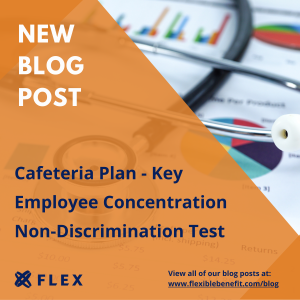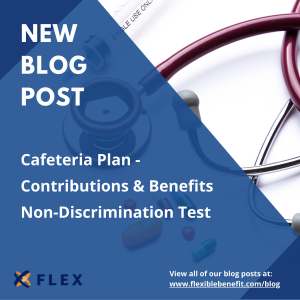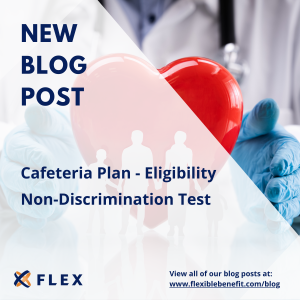nondiscrimination
The Internal Revenue Service (IRS) requires employers who sponsor a Cafeteria Plan (sometimes called a Section 125 Plan or Premium-only-Plan) to conduct certain non-discrimination tests. Because a Cafeteria Plan provides tax-free benefits, the IRS has rules in place so that tax-free benefits are not provided or elected more favorably to employees who are considered key employees. This is referred to as the Key Employee Concentration Non-Discrimination Test.
Cafeteria Plans, sometimes called Premium-only-Plans (POPs) or Section 125 Plans, allow employees to pay for health and welfare benefits with pre-tax contributions. Because contributions are tax-deductible, the Internal Revenue Service (IRS) has a set of rules in place to ensure highly compensated employees are not receiving or electing benefits more favorably than non-highly compensated employees. This is referred to as the Contributions and Benefits Non-Discrimination Test.
Cafeteria Plans, sometimes called Premium-only-Plans (POPs) or Section 125 Plans, allow employees to pay for health and welfare benefits with pre-tax contributions. Because contributions are tax-deductible, the Internal Revenue Service (IRS) has a set of rules in place to ensure highly compensated employees are not eligible for benefits more favorably than non-highly compensated employees. This is referred to as the Eligibility Non-Discrimination Test.





